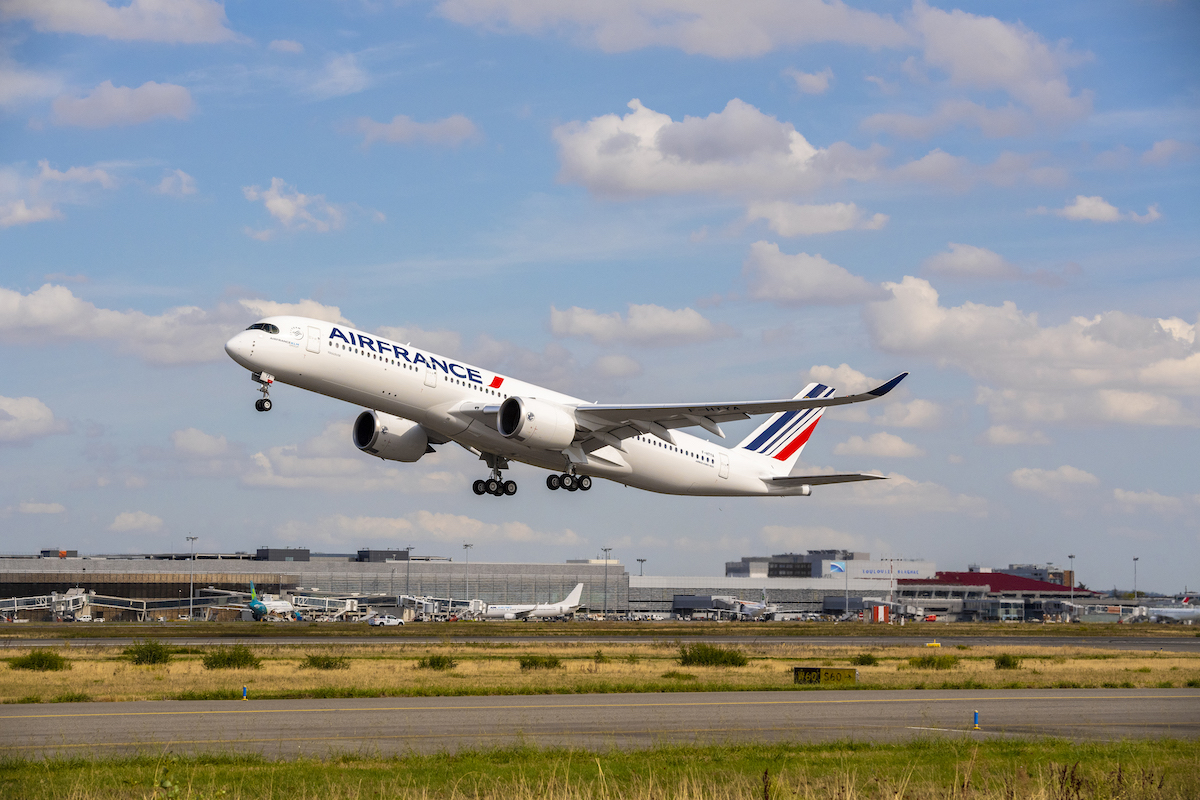Skift Take
This is the fifth consecutive year that Airbus has delivered more planes than Boeing, but recent events make the gulf between the companies feel even wider.
Just when Boeing thought this week couldn’t get much worse, its main competitor has published a strong set of year-end figures. Airbus delivered 735 commercial aircraft to 87 customers last year, representing an 11% rise versus 2022. While it’s tempting to write off the delivery total as a post-pandemic purge of legacy orders, the reality is quite different.
Between Boeing’s well-documented woes, an enticing catalog of its own crowd-pleasing products, and a lack of meaningful competition, Airbus has arguably become a victim of its own success. As of December 31, it had an order backlog of 8,598 aircraft – more than 11 times the number of planes it managed to deliver in 2023.
For context, even if Airbus doubled last year’s impressive output, the European firm would still find itself with a surplus of new orders for 2023. Record-breaking demand saw it amass 2,319 gross orders over the past 12 months, resulting in a net total of 2,094. This includes more than 1,800 A320 family single-aisle jets and 300 A350 Family widebody aircraft. Only time will tell if the European firm has bitten off more than it can chew.
How Many Aircraft Did Boeing Deliver in 2023?
Earlier this week, Boeing posted its own delivery figures. While up on 2022, they trailed Airbus by some margin. The U.S. firm handed over 528 aircraft during 2023:
- 396 Boeing 737s
- One Boeing 747
- 32 Boeing 767s
- 26 Boeing 777s
- 73 Boeing 787s
Boeing is due to provide more information with its fourth-quarter financial results on January 31. Meanwhile, Airbus’ full-year financials are due on February 15. Skift and Airline Weekly will have full coverage of both company’s announcements.
“Travel is Back!”
In November, Airbus CEO, Guillaume Faury reiterated his belief that Airbus would reach its year-end goal of “around 720” aircraft. In reality, the target was comfortably met, with more than 100 planes handed over in December alone.
The chief executive described 2023 as a “landmark year” for the firm’s commercial aircraft business. In reference to the chronic supply chain issues that have plagued the sector, he highlighted “increased flexibility and capability of [its] global industrial system” as one of the factors that helped boost efficiency.
Christian Scherer, head of Airbus Commercial Aircraft cranked up the enthusiasm gauge one notch higher. He noted that the post-pandemic rebound in demand was even faster and stronger than predicted: “We originally anticipated aviation to recover sometime in the 2023-2025 timeframe, but what we saw in 2023 was, alongside the single-aisle market, widebody return much sooner than expected, and with vigor. We have never sold as many A320s or A350s in any given year, not to mention welcoming seven new customers for the A350-1000. Travel is back and there is serious momentum!”
As recent developments at Airbus and Boeing have shown in their own distinct ways, in the airline business winning orders is only the start of the battle. The really tricky part is timely delivery with quality execution. Planemakers on both sides of the Atlantic know that a growing line of profit-hungry airline customers is waiting.
Have a confidential tip for Skift? Get in touch
Tags: airbus, aircraft manufacturers, Boeing
Photo credit: Airbus Airbus

